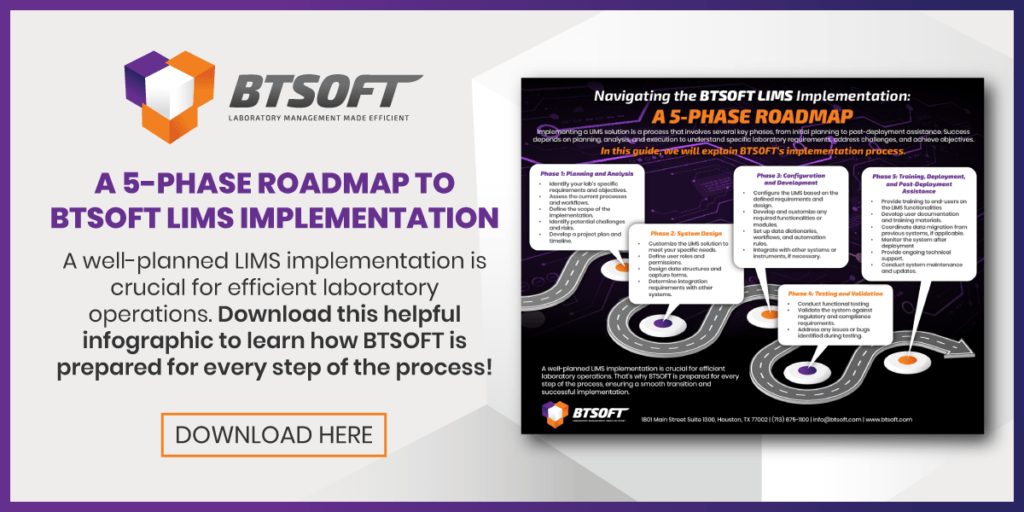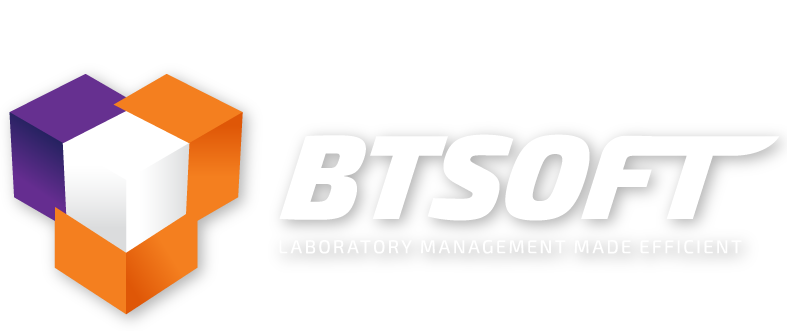Environmental laboratories across the globe strive for accuracy and reliability in their testing, protecting both public health and the environment. A cornerstone of demonstrating this commitment to excellence is obtaining accreditation under the NELAC Institute’s TNI standards. But what exactly does this accreditation involve, and how can laboratories meet and exceed these established benchmarks? Let’s find out!
PREPARING YOUR LAB FOR A NELAP AUDIT? CLICK HERE
What Are TNI Standards?
TNI standards are a series of rigorously developed and nationally recognized protocols that outline the criteria environmental laboratories must meet when it comes to the quality of their analytical testing processes. These standards are multifaceted, addressing everything from sample management and laboratory operations to data evaluation and reporting procedures. They were developed by the NELAC Institute (TNI), a non-profit organization. Its primary goal is to ensure the quality of environmental data. TNI does this by:
- Encouraging the production of reliable environmental data. This means they want data that will be trusted for accuracy and precision.
- Using an open and inclusive approach. They operate transparently and allow input from various stakeholders who are part of the environmental community.
- Being responsive to the needs of the community. They pay attention to what people in the field of environmental science require and adjust their processes to meet these needs.
In other words, TNI focuses on making sure that when environmental data is collected and reported, it is done in a way that everyone can trust, while also making sure that the whole process is fair, transparent, and in line with what environmental professionals need.
Compliance with TNI standards keeps laboratories technically competent and able to generate valid results, which is integral in fostering public confidence in environmental data.
How Your Lab Can Achieve TNI Standards
For your laboratory to be accredited under TNI standards, it must demonstrate adherence to the following core elements:
Conduct a Gap Analysis
A gap analysis is the first definitive step in your TNI compliance process. Define your current processes, compare them against TNI requirements, and identify improvement areas. This proactive approach is vital to align your laboratory’s operations with TNI standards.
Update or Develop Quality Systems
A quality management system (QMS) is the backbone of a TNI-compliant laboratory. It should encompass everything from organizational structure and personnel qualifications to equipment calibration and procedure validation. Think of a well-crafted QMS not just as a set of guidelines but as a detailed blueprint. Just as an architect’s blueprint outlines every detail necessary to construct a building that’s safe, functional, and compliant with regulations, a QMS outlines the precise processes, responsibilities, and standards required to produce reliable and accurate data consistently. It provides a structured framework that, when followed rigorously, ensures every aspect of the laboratory’s operation is aligned with quality benchmarks, leading to dependable and high-quality outcomes every time.
Enhance Documentation and Record-keeping
Achieving TNI accreditation is not just about meeting standards; it’s about proving you do. This is where the critical role of meticulous documentation comes into play. To adhere to these rigorous standards, laboratories must implement robust systems for document control. It’s essential that every procedure, process, and test result is not just accurately recorded but also organized in such a way that they are readily accessible when needed.
But why is this level of documentation so critical? The answer lies in the principles of transparency and trust. Effective record-keeping serves as a transparent window into the laboratory’s operations, allowing for an unobstructed view of the quality and integrity of its data. This transparency is foundational for building trust among stakeholders, clients, and regulatory bodies. When a laboratory can readily provide detailed records that validate its compliance with TNI standards, it reassures its partners and the public of its commitment to quality and reliability.
Strengthen Technical Competence
TNI Standards rigorously mandate technical proficiency to ensure the highest quality of environmental data. To maintain this high standard, it is essential for laboratories to engage in regular calibrations, validations, and quality control procedures. These activities are not just routine checks; they are integral to the scientific integrity of the laboratory’s data.
Each calibration or validation acts as a guarantee that the measurement tools and methods are producing accurate and reliable data. Regular quality control procedures further validate the consistency of these results, ensuring that every dataset can withstand scrutiny. This meticulous process is crucial for preserving the integrity of the data.

Train Your Team
Ongoing training positions your team to meet the demands of TNI Standards continually. Educate staff about the nuances of accreditation, the importance of adherence, and the latest advancements in the field.
Implement a Proficiency Testing Program
Proficiency testing (PT) is a TNI accreditation requirement that serves as an impartial evaluation of a laboratory’s data accuracy. Integrate a PT program into your laboratory routine to continually gauge and improve your testing proficiency.
Prepare for the On-Site Assessment
Preparing for the on-site assessment is about proving your laboratory’s daily adherence to TNI standards. Conduct internal audits to uncover any potential issues. The actual assessment should feel like a natural step in your quality assurance processes, not an interruption.
Maintain Continuous Improvement
Accreditation is not a one-time event but a continuous process. Integrating practices for ongoing quality improvements, staying current with regulatory changes, and incorporating innovations are the keys to maintaining accreditation and industry leadership.
Seek Expert Guidance
Sometimes, navigating the nuanced pathways of TNI compliance requires expert guidance. Don’t hesitate to reach out to accreditors or consultants who can offer valuable insights and assist with particularly challenging aspects of the accreditation process.
Implementing a Laboratory Information Management System (LIMS)
A Laboratory Information Management System (LIMS) like BTSOFT can be instrumental in your success with TNI standards. With features designed to automate workflow, ensure quality control, and manage documentation, a robust LIMS like BTSOFT is an investment in efficiency and compliance.
Achieving TNI Standards with BTSOFT
Utilizing a Laboratory Information Management System (LIMS) is not just about adhering to TNI standards; it is about operational strategic advantage. BTSOFT greatly enhances quality management in environmental laboratories. It meticulously handles every part of the TNI accreditation process, from managing samples to overseeing proficiency testing. By integrating BTSOFT’s LIMS solutions, laboratories not only meet the current industry benchmarks but are equipped to adapt swiftly to future amendments, maintaining their status as leaders in environmental testing.
Contact us today for a demonstration of how BTSOFT can streamline your lab.





